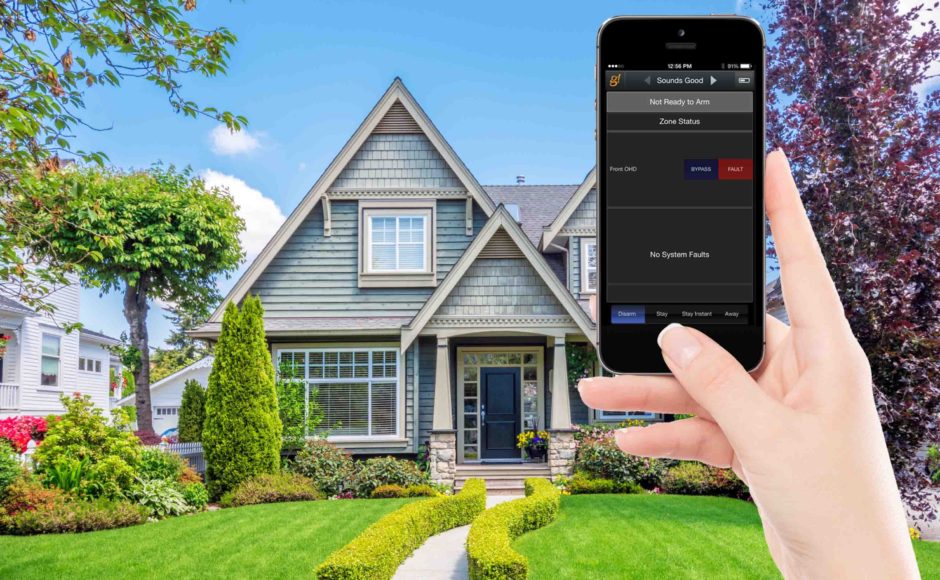A newly released report published by Frost and Sullivan, a leading analyst company, indicates that the European home automation market is set to secure double-digit growth of 15.8%, soaring to over $800 million by 2022.
The consumer perception of increasingly connected smart homes is changing, with a focus on presenting home automation systems as central to the creation of a comfortable, interactive and intuitive home securing high levels of success across the industry.
The research, which can be viewed in its entirety here, also suggests that the Internet of Things has greatly influenced a variety of technologies, including the success of Bluetooth and Wi-Fi, which are key components of many home automation systems.
Merging of Connected Homes and Home Automation
New entrants to the market, including Nest and Amazon Echo, are ensuring that a seamless merger between the connected homes and home automation markets continues, with both innovation and growth dependent on securing faultless connectivity and integration. Agreements and partnerships forged between service providers, such as Apple Homekit and Lutron, with equipment manufacturers will see the efficient delivery of home automation products directly to consumers.
Mergers and Acquisitions
A substantial rise in merger and acquisition activities is also expected, with several leading companies striving to strengthen their current positions within the market. Bosch and AMX Harman have recently acquired ProSyst, and Samsung’s procurement of SmartThings suggests that the connected home market will also see solid growth and expansion.
Collaboration, partnering, acquisitions and innovation scouting allow companies to mitigate large initial investment costs and will continue to be seen as good practice within the industry.
Expanding Product Ranges and Deep Learning Algorithms
Leading home automation companies, including Hive, Philips Hue, Samsung, Quivicon and Net, will begin to expand their product ranges, offering increasingly sophisticated home hub technology to consumers.
Research analyst Harini Shankar predicts that facial recognition, voice technology and gesture control will be central to the transformation of a variety of home automation technologies, including some that can be seen at. Machine and deep learning algorithms are crucial components of the sophisticated technology we can expect to see emerging over the next five years.
Developing business models that are customer-centric and easy to understand are vital to convince consumers that home automation systems are beneficial investments. Companies will increase their market penetration potential by striving for continual innovation.




